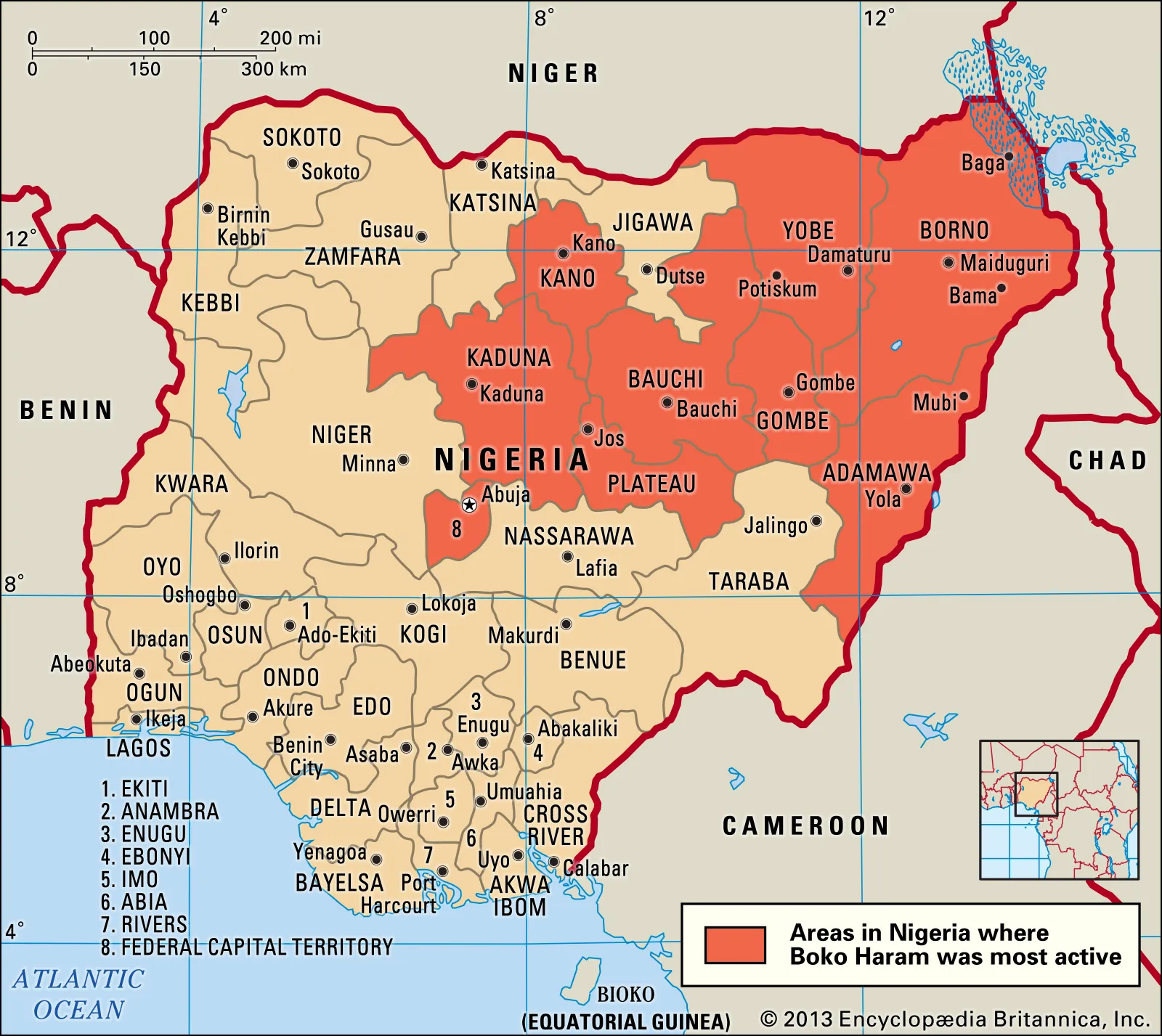
Militarization of UN Peacekeeping in Mali
The militarization of MINUSMA was reinforced by a robust peacekeeping mandate, cooperation with counterterrorism operations, and significant involvement of NATO countries.

War Prevention Initiative: “Nonviolent alternatives must be pursued in Ukraine to deescalate war.”
February 25, 2022; Contact: Kelsey Coolidge; kelsey@jubitz.org War Prevention Initiative: “Nonviolent alternatives must be pursued in Ukraine to deescalate war.” PORTLAND, OR The War Prevention Initiative is deeply distraught and condemns the Russian military invasion of Ukraine. This situation is complex, evolving, and much is still unknown. We echo the sentiment of our friends and … Read more

Los sistemas de paz existentes demuestran que las relaciones intergrupales e internacionales pacíficas son posibles
Las variables particulares relacionadas con la paz parecen más fuertes en los sistemas de paz que en los sistemas que no son de paz, lo que sugiere que, de hecho, hay características recurrentes que contribuyen a las relaciones pacíficas entre las sociedades.

Private Military and Security Companies Undermine Peacebuilding Efforts
The presence of private military and security companies promotes militarization in humanitarian spaces and undermines non-militarized approaches to security.
Diplomacy and De-escalation is the Real Solution to Solve the Ukrainian Crisis
February 20, 2022; Contact: Patrick Hiller; patrick@jubitz.org War Prevention Initiative: “Diplomacy and De-escalation is the Real Solution to Solve the Ukrainian Crisis” PORTLAND, OR The Russian military buildup and maneuvers around Ukraine and the simultaneous U.S. and NATO militarized responses by sending troops and military hardware to the region are worrisome. The possibility of war … Read more

Threatened or Actual Harm Can Provoke an Adversary Rather Than Coerce Them
Instead of coercing or deterring them, the threat or use of military violence (or other harm) can actually make the adversary even more adamant about not backing down, provoking them to resist further or even retaliate.

Militarized Masculinities and the Legitimation of Violence
Despite the popularity of the “Canada-as-peacekeeper” image with the Canadian public, Canada’s military long had problems with it, feeling that it “emasculated” Canadian soldiers and therefore the country itself.
Happy New Year from the War Prevention Initiative and Peace Science Digest
January 3, 2022 Dear Friends, A little over ten years ago, we set out on an experiment to advance our bold peace agenda guided by a vision to prevent all war. Our strategy to shift the world collectively from war to peace are met by profound challenges posed by overwhelmingly militaristic and racists approaches in … Read more

2021 Year in Review
To celebrate the new year, we reflect on the 28 analyses that we published in 2021.

Gendered Security Harms in Nigeria’s Counterinsurgency Response
The overly simplistic understanding of gender in Nigeria’s National Action Plan on Women, Peace, and Security (WPS), along with the government’s failure to prioritize human rights in its security policy, together result in “gendered security harms.”

Building Social Cohesion in South Sudan and Burundi
Social cohesion is best facilitated when bottom-up and top-down efforts—local, national, and international—are integrated and responsive to the relational nature of these societies.
